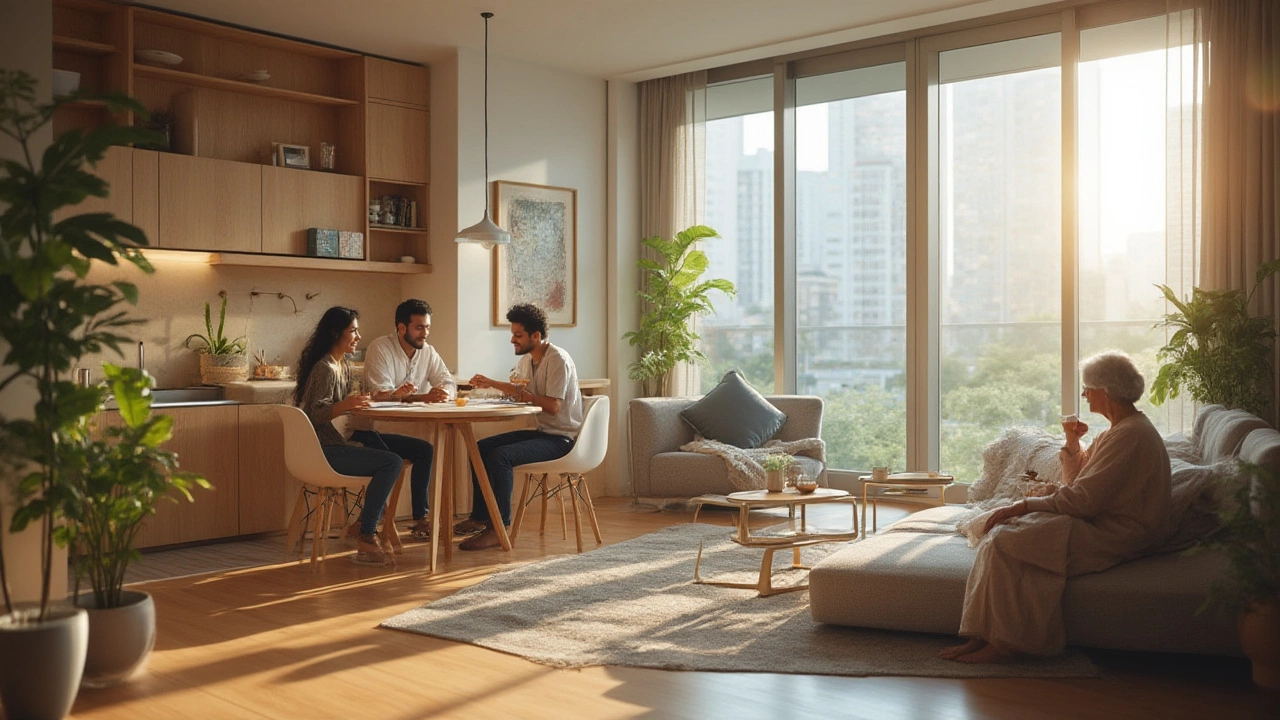Singapore Property: Your Quick Guide to Buying, Renting & Investing
Thinking about a place in Singapore? Whether you want to own a condo, rent a flat, or grow your money through real estate, the market can feel like a maze. The good news is you don’t need a degree in finance to get started. Below are the basics you need to know right now, so you can make a confident move without getting lost in jargon.
Buying a Home in Singapore
First up, buying. Singapore’s private housing market is dominated by condos and apartments, and most buyers go through the HDB resale route if they qualify for public housing. Start by checking your total debt servicing ratio (TDSR) – banks usually cap it at 55% of your gross income. That figure tells you how much loan you can comfortably afford.
Next, get a Letter of Offer (LO)** from a bank. It locks in your loan amount and interest rate for a short period, giving you time to hunt for the right unit. When you find a condo you like, look beyond the price tag. Check the remaining lease – properties with less than 60 years left may see slower resale and lower valuation.
Don’t forget the extra costs: buyer’s stamp duty (BSD), additional buyer’s stamp duty (ABSD) if you’re a foreigner or buying a second unit, legal fees, and the property tax that kicks in after you own it. Adding these up can add 5‑7% to your budget, so factor them in early.
Renting & Investing Smartly
If buying feels too heavy right now, renting is a flexible way to test neighborhoods. Most rentals in Singapore are short‑term (1‑2 years) with a refundable deposit. Look for listings on reputable portals and always ask for a copy of the tenancy agreement before signing. Knowing the rent‑to‑income ratio – ideally under 30% of your monthly earnings – helps you avoid overstretching.
For investors, the key is location and demand. Areas near MRT stations, schools, and business hubs consistently fetch higher yields. A typical gross rental yield sits around 3‑4% for mature estates, but newer districts can push that to 5% if you pick the right project.
Financing an investment property works similarly to a home loan, but you’ll face stricter ABSD rates and may need a higher cash reserve. Many investors use a partial loan combined with personal savings to keep the loan‑to‑value (LTV) ratio below 75%, which often secures a better interest rate.
Finally, keep an eye on the upcoming property market trends. The government regularly adjusts cooling measures, and the latest data shows a modest dip in resale prices for high‑rise condos, while landed properties stay steady. Timing your purchase or sale around these changes can save you thousands.
Bottom line: whether you’re buying, renting, or investing, start with a clear budget, understand the extra costs, and focus on location. With these basics, you’ll be ready to navigate Singapore’s property scene without the headache.

2-Room Flexi Floor Plans: Smart Space Solutions for Modern Living
A thorough look at 2-room flexi floor plans—what they are, why they're popular, and everything you should know before choosing one. Perfect for singles, couples, and retirees in Singapore.




